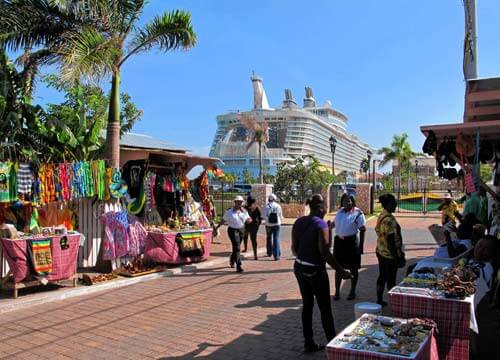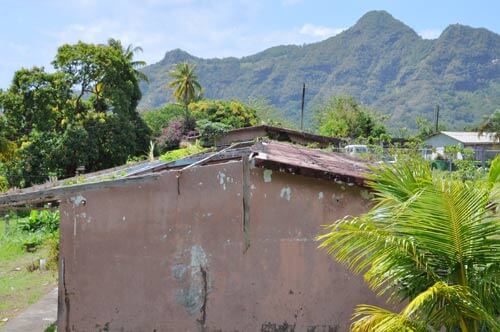A new World Bank report finds that three countries are leading the Caribbean in improving business climate.
The Washington-based financial institution said on Oct. 29 that the Bahamas, Jamaica, and Trinidad and Tobago took steps to improve their business regulatory environment over the past year.
The report, “Doing Business 2014: Understanding Regulations for Small and Medium-Size Enterprises,” finds that “Jamaica led the way in the Caribbean by adopting new legislation for private credit bureaus, reducing the corporate income tax rate and streamlining procedures for starting a new business. “
The Bahamas reduced the cost of transferring property and improved its insolvency process, the report says.
Trinidad and Tobago is featured by the report in a case study highlighting its efforts to lower the cost of connecting to the power supply.
The country is also recognized for simplifying procedures for registering a new business.
“It is encouraging to see countries in the Caribbean engaged in reforms aimed at reducing burdensome regulations and building stronger legal institutions,” said Augusto Lopez-Claros, director, Global Indicators and Analysis, World Bank Group.
“Even after these achievements, however, more can be done to improve the quality of the rules underpinning the activities of the private sector, to ensure continued convergence toward the better practices seen elsewhere in the world,” he added.
The report’s global annual ranking on the ease of doing business shows that Singapore has the most business-friendly regulations.
Joining it on the list of the top 10 in the ranking are Hong Kong, New Zealand, the United States, Denmark, Malaysia, South Korea, Georgia, Norway and the United Kingdom.
In addition to the global rankings, every year “Doing Business” reports the economies that have improved the most on the indicators since the previous year.
The 10 economies topping that list this year are (in order of improvement) Ukraine, Rwanda, the Russian Federation, the Philippines, Kosovo, Djibouti, Côte d’Ivoire, Burundi, the former Yugoslav Republic of Macedonia, and Guatemala.
Yet, the report says challenges persist: five of this year’s top improvers—Burundi, Côte d’Ivoire, Djibouti, the Philippines and Ukraine—are still in the bottom half of the global ranking on the ease of doing business.
The World Bank said in the report that the Caribbean region includes Antigua and Barbuda, the Bahamas, Barbados, Dominica, the Dominican Republic, Grenada, Haiti, Jamaica, St. Kitts and Nevis, St. Lucia, St. Vincent and the Grenadines, and Trinidad and Tobago.
The World Bank said the “Doing Business” report analyzes regulations that apply to an economy’s businesses during their life cycle, including start-up and operations, trading across borders, paying taxes and resolving insolvency.
It said the aggregate ease of doing business rankings are based on 10 indicators and cover 189 economies.
The World Bank said “Doing Business” does not measure all aspects of the business environment that matter to firms and investors.
For example, it does not measure the quality of fiscal management, other aspects of macroeconomic stability, the level of skills in the labor force, or the resilience of financial systems, the bank said.
The World Bank said the report’s findings have “stimulated policy debates worldwide and enabled a growing body of research on how firm-level regulation relates to economic outcomes across economies.”
This year’s report marks the 11th edition of the global “Doing Business” report series.




























